Menstrual disorders are a common issue that affects numerous women, leading to interruptions in their everyday lives and overall well-being. These conditions can present themselves as irregular cycles, debilitating pain, or excessive bleeding. Gaining a deeper understanding of these disorders is essential for symptom management and obtaining proper treatment, particularly through the Ayurveda approach at Dr. Monga Medi Clinic.
Hormonal imbalances are frequently at the core of menstrual disorders. Conditions such as polycystic ovary syndrome (PCOS) and endometriosis are notably prevalent. In addition, lifestyle elements like stress and dietary habits can significantly influence menstrual health..
Recognizing symptoms early on and consulting a healthcare professional for menstrual problems can help mitigate complications. Treatment alternatives range from conventional medication to Ayurveda practices aimed at holistic wellness. This article provides an overview of prevalent menstrual disorders, their underlying causes, and potential treatments, empowering readers to take control of their menstrual health
What Constitutes a Menstrual Disorder?
Menstrual disorders encompass a variety of issues that disrupt a woman’s normal menstrual cycle. This can manifest as irregularities in flow, timing, or overall comfort. Understanding these disorders is critical for effective management.
Common menstrual disorders include:
- Dysmenorrhea: Characterized by painful menstruation
- Menorrhagia: Marked by excessive menstrual bleeding
- Amenorrhea: The absence of menstruation
- Premenstrual Syndrome (PMS): Emotional and physical symptoms preceding menstruation
Each disorder comes with unique symptoms and challenges, often rooted in hormonal fluctuations. Recognizing the specific type of menstrual disorder is vital for determining appropriate treatments. Awareness of symptoms allows individuals to seek prompt medical assistance.
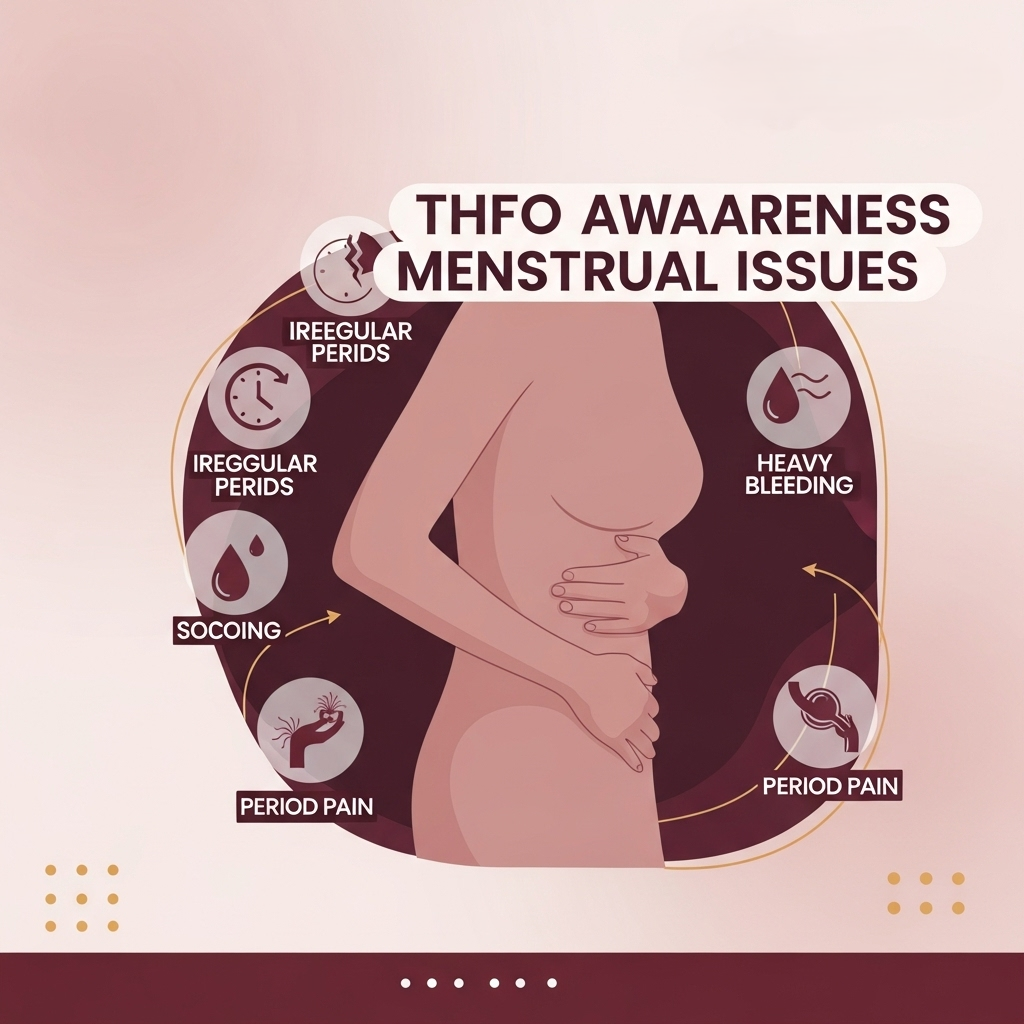
Various Types of Menstrual Disorders
Menstrual disorders can substantially affect daily functioning, causing discomfort and inconvenience. Understanding the various types helps to elucidate available treatment options.
Dysmenorrhea, or painful periods, is often a result of strong uterine contractions. The severity of cramps can vary greatly, potentially hindering daily activities.
Menorrhagia involves heavy or prolonged menstrual bleeding and may lead to complications like anemia if not addressed. Consulting a healthcare professional is important for anyone experiencing severe bleeding.
Premenstrual Syndrome (PMS) affects many women, presenting a mix of emotional and physical symptoms in the days leading up to menstruation, such as mood swings, bloating, and fatigue.
Awareness of these disorders and their management is crucial for improving life quality.
Causes and Contributing Factors: Understanding Hormonal Imbalance
Menstrual disorders can stem from a multitude of causes, with hormonal imbalance being one of the most significant factors. The hormones estrogen and progesterone play vital roles in regulating the menstrual cycle, and any disruption can lead to complications.
Polycystic Ovary Syndrome (PCOS) and endometriosis are examples of conditions that can trigger irregularities in menstruation. PCOS is closely associated with hormonal fluctuations, which can result in irregular or missed periods. Endometriosis entails the growth of tissue similar to the uterine lining outside the uterus, causing pain and menstrual irregularities.
Lifestyle factors also heavily influence menstrual health. Elements like chronic stress, unhealthy diets, and lack of physical activity can worsen menstrual issues. Important risk factors include:
- A family history of menstrual disorders
- Sudden fluctuations in weight
- Ongoing stress or anxiety
Recognizing and monitoring these factors can help in maintaining healthy menstrual cycles.
Identifying Symptoms and When to Consult a Healthcare Professional
Timely recognition of menstrual disorder symptoms is crucial for prompt action. Common indicators include unusual pain, heavy bleeding, or irregularities in cycle timing. Even minor changes in menstrual patterns can signal underlying concerns.
It is essential to seek professional advice when experiencing persistent symptoms, as addressing these concerns early can prevent further complications. Visiting Dr. Monga Medi Clinic for medical evaluation becomes imperative, especially if symptoms interfere with daily life.
Look for professional consultation if you notice:
- Cycles occurring less than 21 days or more than 35 days apart
- Severe cramps unresponsive to medication
- Signs of anemia, including fatigue or weakness
Seeking prompt assessment can result in effective treatment, thereby enhancing your health and living conditions.
Evaluating Menstrual Disorders: The Diagnostic Process
Diagnosing menstrual disorders requires a thorough examination. Healthcare providers initiate the process with a detailed medical history and a physical examination to understand symptoms and patterns in the menstrual cycle.
Various diagnostic tests may provide deeper insights, including:
- Blood tests to evaluate hormone levels
- Ultrasounds to examine reproductive organs
- Endometrial biopsy to analyze uterine tissue
These diagnostic modalities are essential for identifying the underlying causes of menstrual issues. An accurate diagnosis is foundational for formulating effective treatment strategies, including personalized Ayurveda solutions at Dr. Monga Medi Clinic.
Treatment Options for Menstrual Irregularities
Addressing menstrual irregularities demands an individualized approach based on the root cause. Lifestyle changes can be powerful for some individuals, while others may require medical intervention.
Conventional medications play a crucial role in treatment. Birth control pills can help stabilize cycles and minimize heavy bleeding, while nonsteroidal anti-inflammatory drugs (NSAIDs) can alleviate pain during menstruation.
In certain instances, surgical procedures may be necessary to address specific underlying issues. Tailored treatment plans are essential, including those that incorporate Ayurveda therapies available at Dr. Monga Medi Clinic.
Alternative therapies are also gaining popularity, with some individuals benefiting from acupuncture or herbal remedies, although scientific validation may be limited. It’s crucial to consult a healthcare professional before trying any complementary therapies.
Common treatments for menstrual irregularities include:
- Birth control pills
- NSAIDs for managing pain
- Surgical interventions for structural problems
- Lifestyle modifications for improved health
- Ayurveda treatment focusing on holistic wellness
Taking proactive measures toward managing menstrual disorders can vastly enhance life quality.
Lifestyle Modifications for Menstrual Health Management
Simple lifestyle adjustments can lead to significant improvements in menstrual health. Engaging in regular physical activity and maintaining a balanced diet are essential for alleviating symptoms.
Incorporating stress-reduction techniques is equally imperative. Practices such as yoga and meditation can relieve tension and help restore hormonal balance, aligning with the principles of Ayurveda. Maintaining a consistent sleep schedule also supports general well-being.
Key lifestyle recommendations include:
- Engaging in regular exercise
- Consuming a nutritious diet rich in iron
- Implementing stress management practices
- Maintaining a stable sleep routine
These straightforward modifications can help regulate menstrual cycles and lessen discomfort.
Common Questions about the Menstrual Cycle and Associated Disorders
Many individuals seek clarity regarding menstrual health. Addressing these queries provides valuable insights.
Frequently asked questions include:
- What defines a menstrual disorder?
- How can I tell if my cycle is irregular?
- What treatment options exist for painful periods?
- How can Ayurveda treatment assist with menstrual disorders?
Understanding these topics can empower individuals to pursue suitable care and treatment, including the holistic approaches offered at Dr. Monga Medi Clinic.
Conclusion: Empowering Yourself in Menstrual Health Management
Effectively managing menstrual disorders requires awareness, education, and proactive approaches. Understanding symptoms is the first step towards identifying appropriate treatments.
Regular check-ups with healthcare professionals, particularly at Dr. Monga Medi Clinic, are crucial. This ensures you receive tailored guidance and Ayurveda treatments that cater to your individual needs.
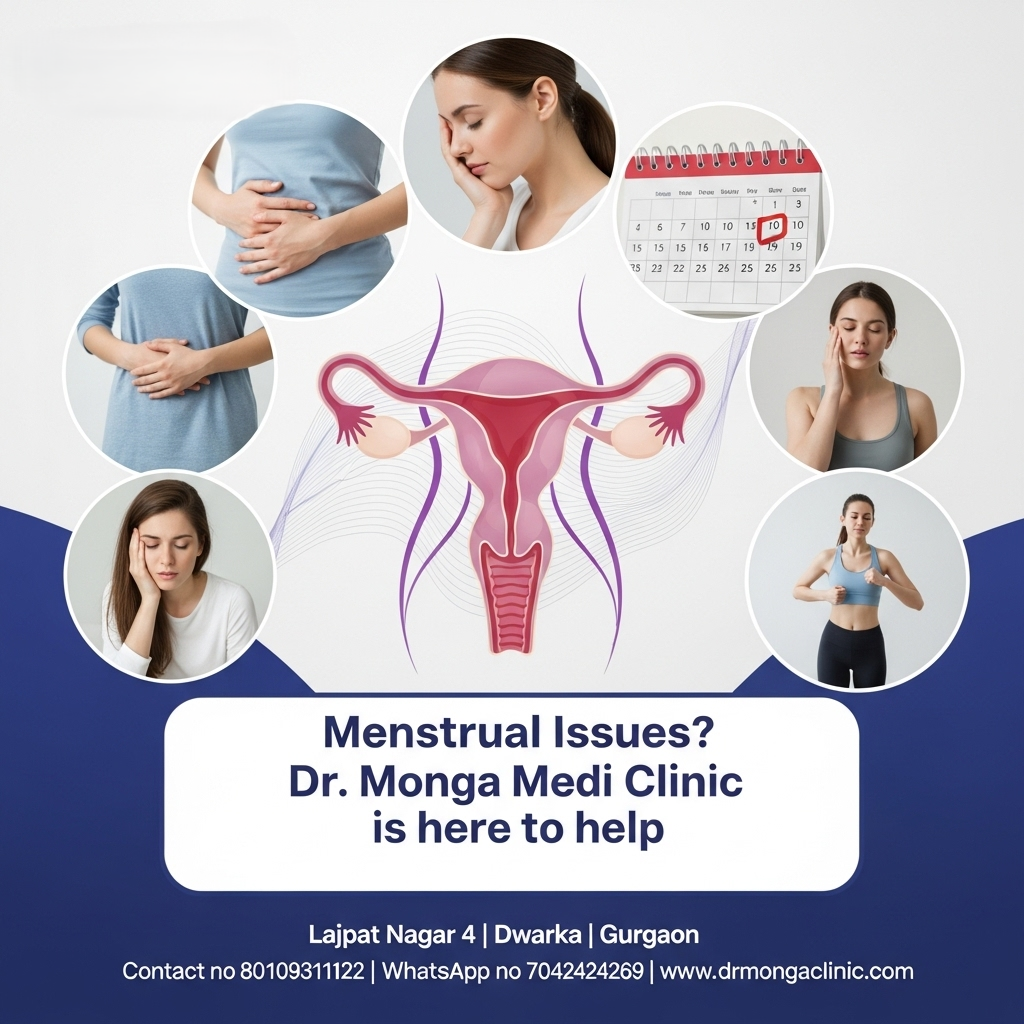


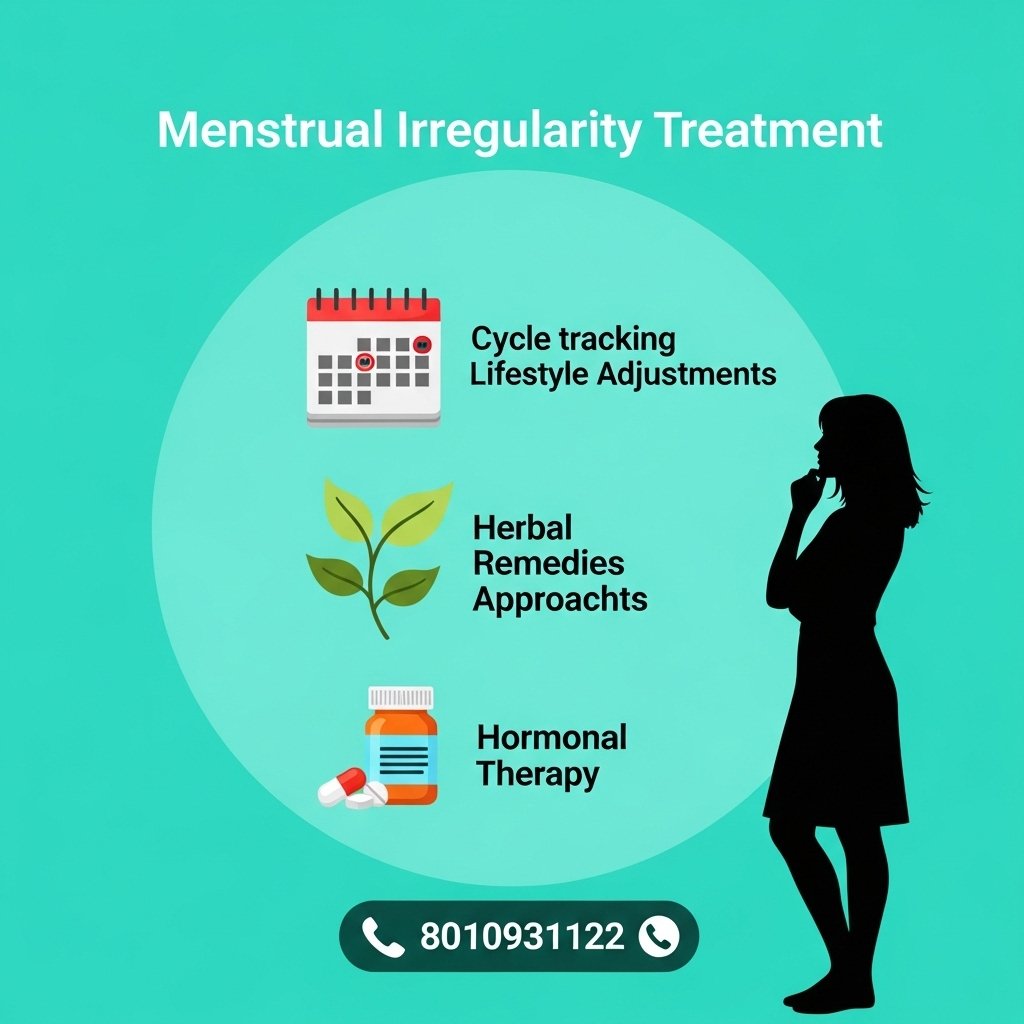
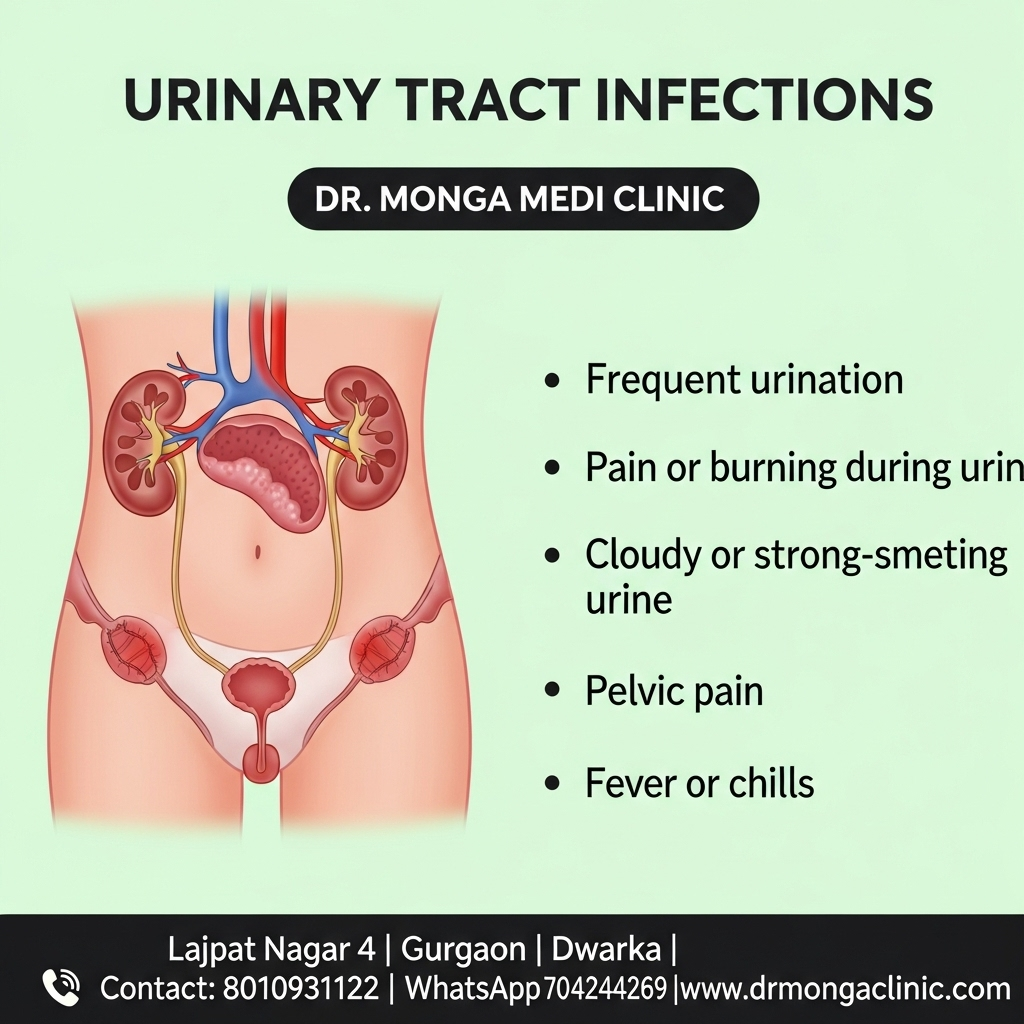

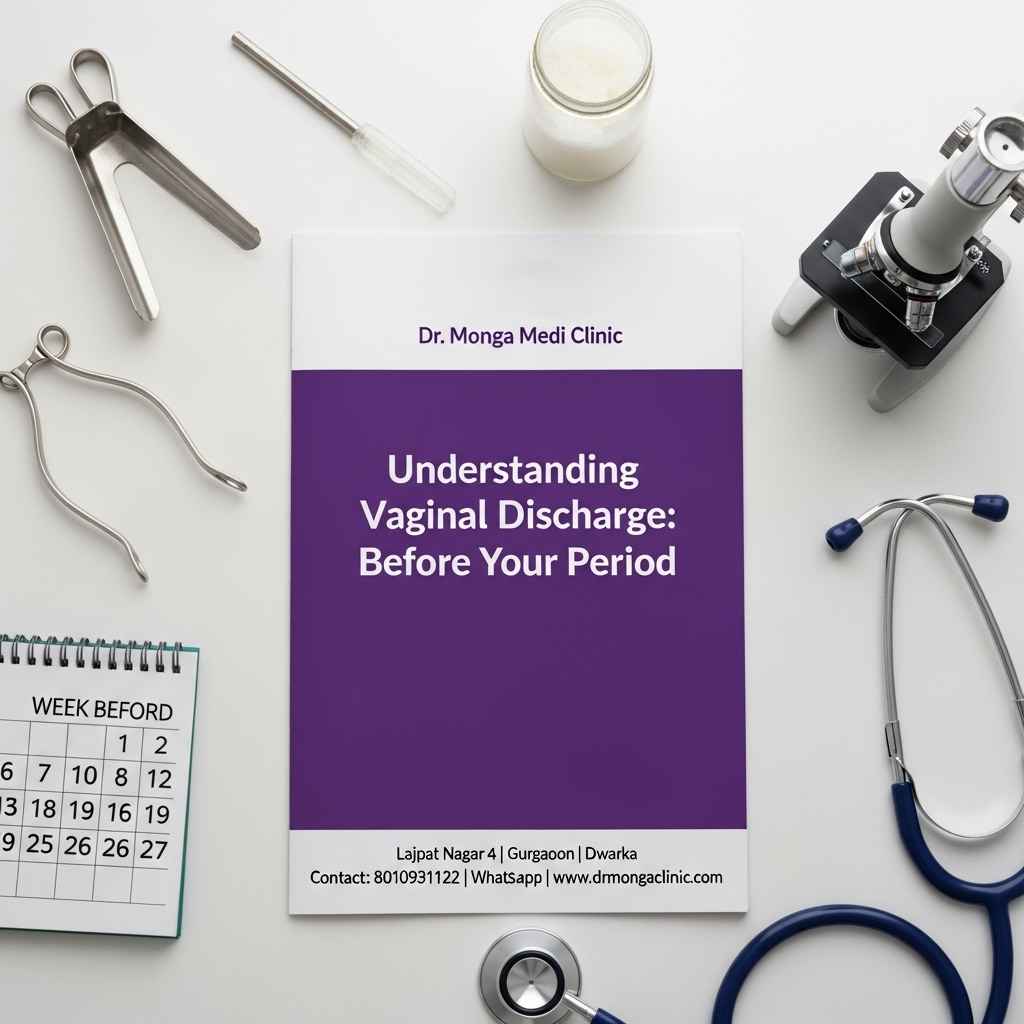

Leave a Reply